Programmes
African Monitor’s programs aim to strengthen the monitoring and review of the 2030 Agenda by harnessing timely data, accelerate the implementation of the SDGs and Agenda 2063 through impactful regional and global advocacy efforts, mitigate illicit financial flows in South Africa, ensure effective engagement of African civil society in shaping policies across the continent, and actively promote the pan-African development agenda on a global scale.
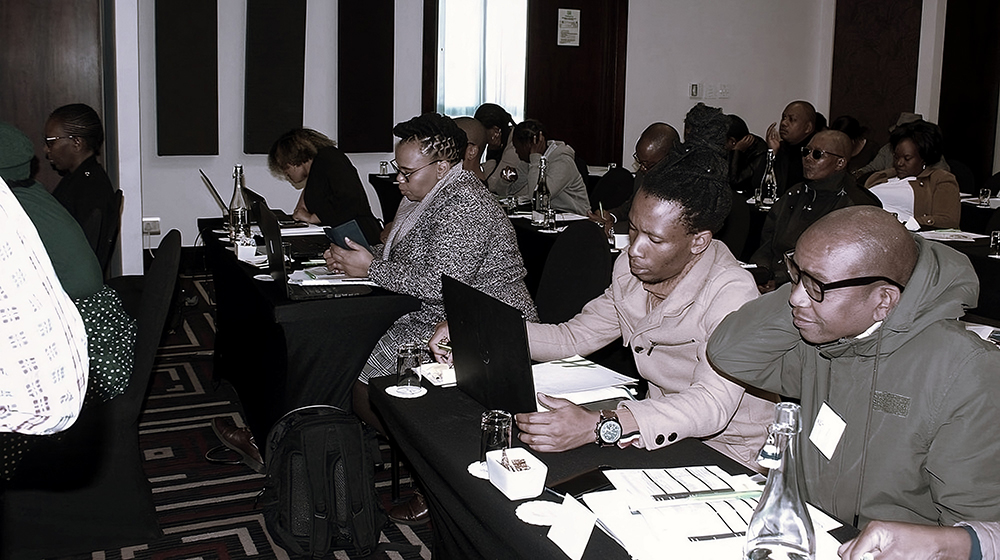
Objective 1 - Support for the establishment of the National Development Stakeholders Forum (NDSF)
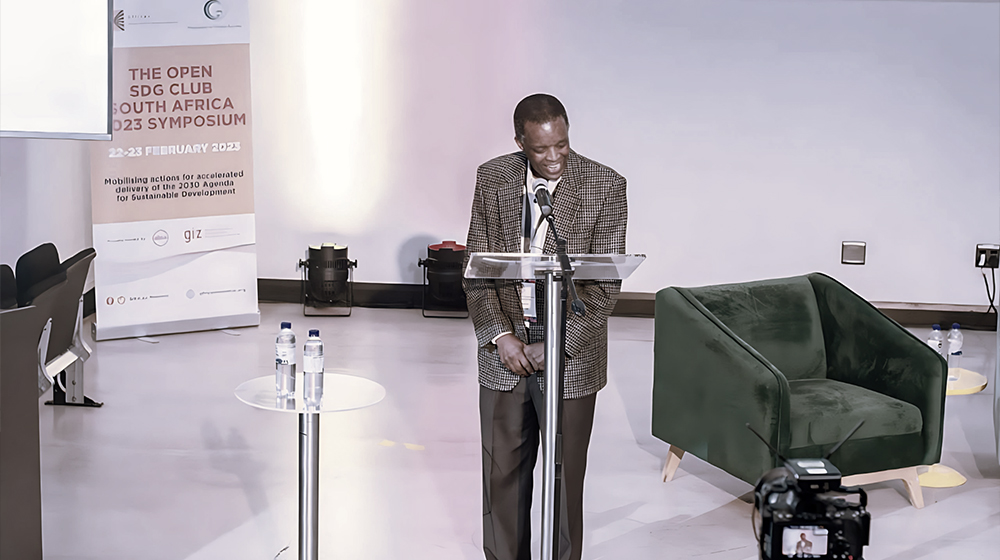
Objective 2 - Create Platform for multi-stakeholder dialogues to accelerate delivery of SDGs
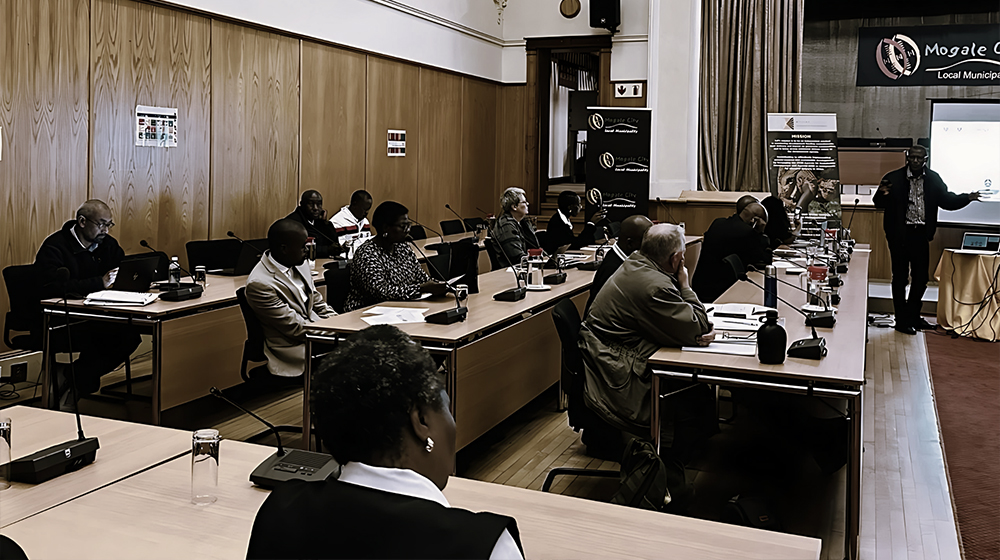
Objective 3 - Mobilise & and coordinate multi-stakeholder participation in 2024 VNR, future VLRs
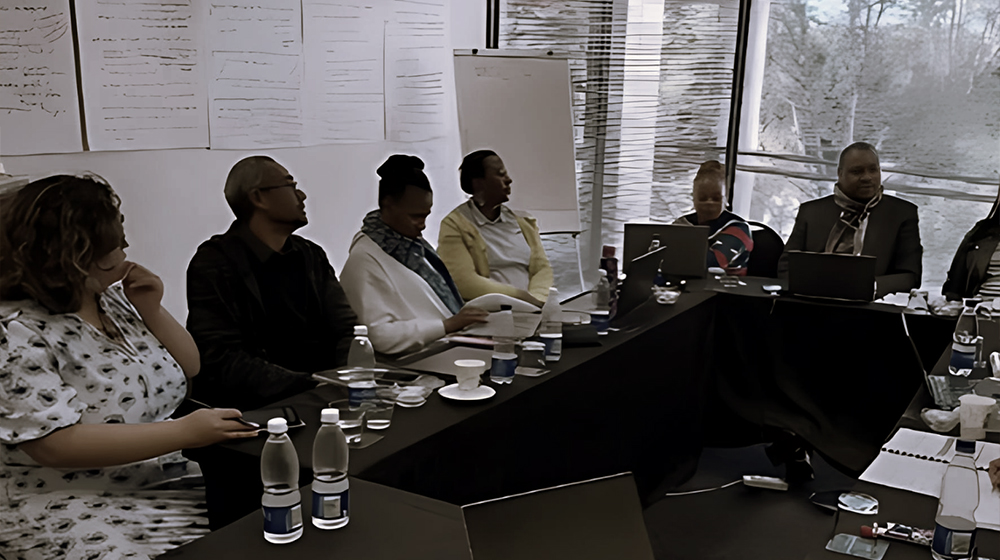
Objective 4 - Strengthening Institutional Capacity
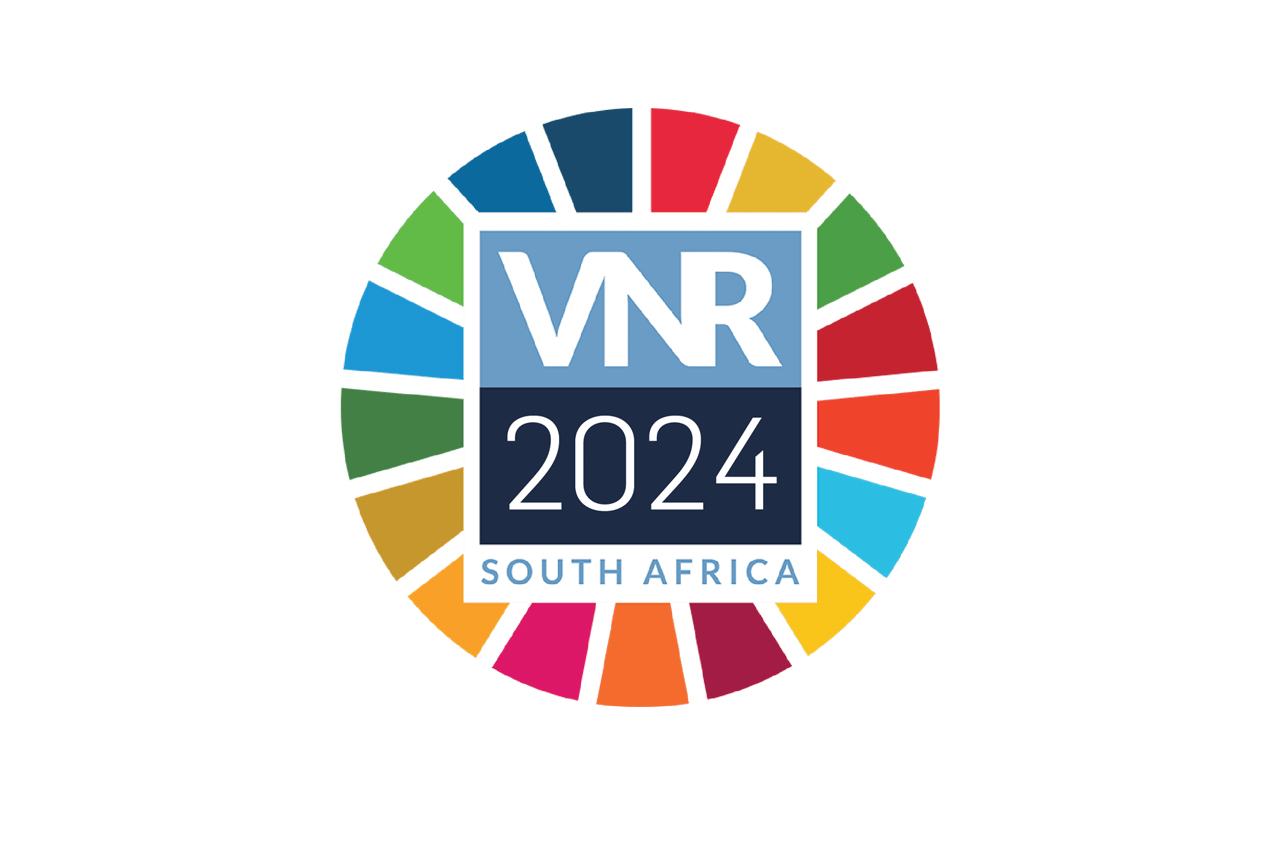
Voluntary National Review (VNR)
The 2030 Agenda for Sustainable Development encourages regular, inclusive progress reviews at both national and sub-national levels. These reviews, driven by member States, are state-led and follow a "whole of society" approach, engaging multiple stakeholders. Voluntary National Reviews (VNRs) are key tools for countries to assess and report on their progress towards achieving the Sustainable Development Goals (SDGs). They provide a comprehensive overview of each country’s progress in meeting the 2030 Agenda targets. As a mechanism for soft accountability and progress monitoring, VNRs are essential in tracking achievements and highlighting areas for improvement.

The Civil Society Forum on the New Development Bank (CSF-NDB)
The Civil Society Forum on the New Development Bank (CSF-NDB), co-chaired by Oxfam South Africa and African Monitor, was established in 2018 under Civil BRICS when South Africa chaired the 10th BRICS Summit in Johannesburg. The CSF-NDB is a civil society network that engages with the New Development Bank to promote development that is inclusive, accountable, and pro-poor, prioritizing the needs of communities, women, and youth in South Africa and the surrounding region.
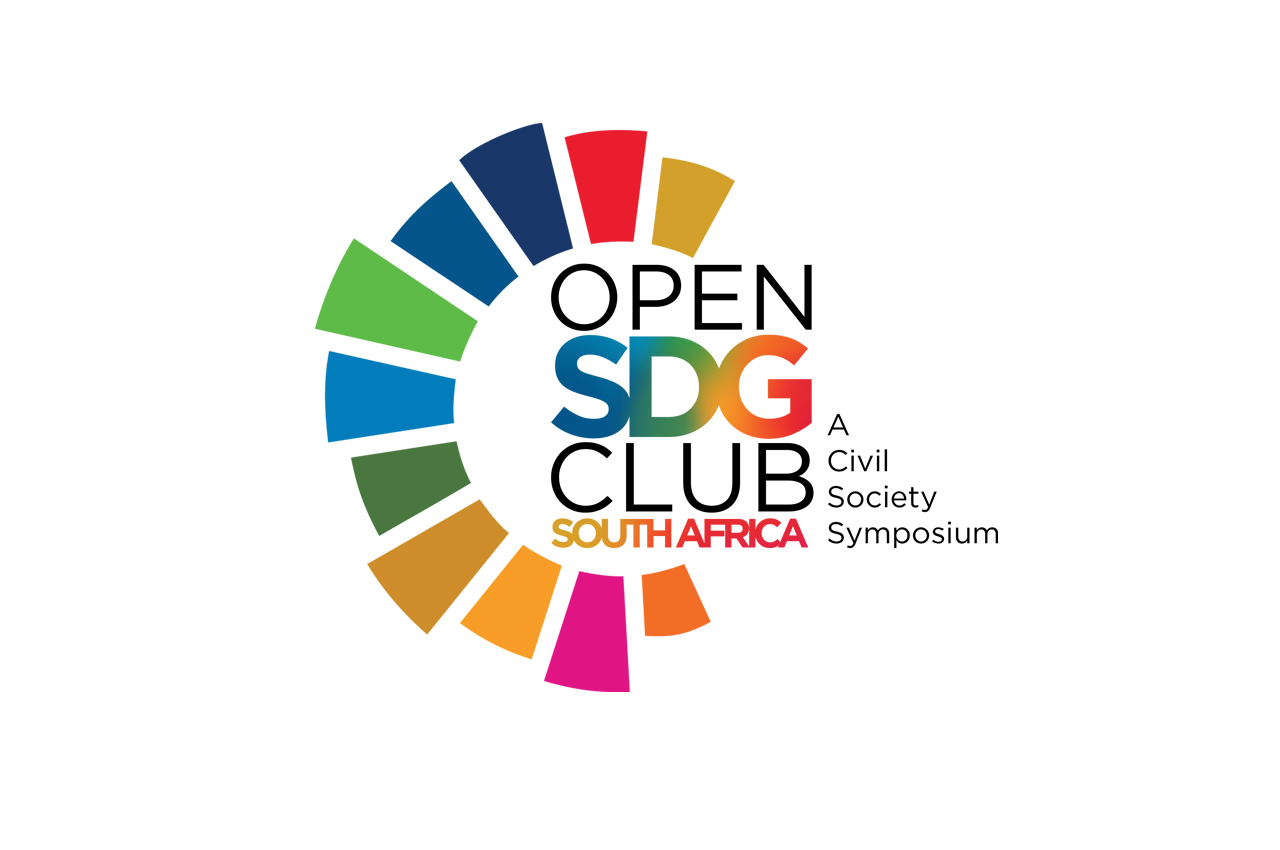
National Development Stakeholders Forum (NDSF)
The National Planning Commission, along with officials from the DEFF and Statistics South Africa, recognize and support the establishment of the National Development Stakeholders Forum (NDSF). This forum brings together civil society, the private sector, academia, and Chapter 9 institutions to drive accelerated action toward achieving sustainable development in the country. The South African cabinet has approved the SDG coordination mechanism, which includes the NDSF as a key component.

The Open SDG Club Symposium
The Open SDG Club South Africa is a multi-stakeholder platform that seeks to foster a shared vision, exchange transformative solutions, and offer constructive guidance on key interventions to end poverty, reduce in quality, and protect the environment.

Global Forum for National SDGs Advisory Body
The Global Forum is a network that connects the knowledge and expertise of multi-stakeholder councils, commissions, and similar advisory bodies focused on sustainable development worldwide. As part of the Global Forum Secretariat, African Monitor plays a key role in coordinating communication and engagement between members, supporting the Global Forum's Steering Group, managing internal groups such as regional hubs, and producing resources like how-to guides, policy briefs, case studies, and MSP tools. Additionally, African Monitor helps organize events, including webinars and closed group sessions, while also managing external communications and public relations.In January 2024, the Global Forum's Steering Group regrouped to review past programs and strategize for future opportunities. Discussions included network strategy, governance, and member engagement, leading to the approval of regional hubs for Africa and Latin America and the Caribbean (LAC). African Monitor proudly facilitates the Africa Region Hub and has begun engaging with members and stakeholders operating in Africa to establish the hub.

Voluntary Local Reviews (VLR)
When the 2030 Agenda was adopted, United Nations member states committed to closely collaborating with local and regional governments to implement the Sustainable Development Goals (SDGs). Since 2015, metropolises, smaller cities, regions, and their associations have been actively working to localize the 2030 Agenda, bringing the SDGs closer to the communities they serve, and using the framework to guide their planning and execution. As part of its follow-up and review mechanisms, the 2030 Agenda for Sustainable Development encourages member states to "conduct regular and inclusive reviews of progress at the national and sub-national levels, which are country-led and country-driven" (paragraph 79). Furthermore, paragraph 89 of the Agenda calls on major groups and other stakeholders, including local authorities, to report on their contributions to the Agenda's implementation. In this context, local and regional governments are increasingly engaging in sub-national reviews of SDG progress, known as Voluntary Local Reviews (VLRs). While VLRs are not officially recognized, the process of conducting these reviews offers numerous benefits to participating entities and strengthens overall SDG implementation. VLRs also help enhance vertical coherence by complementing and contributing to national Voluntary National Reviews (VNRs) of SDG progress.

